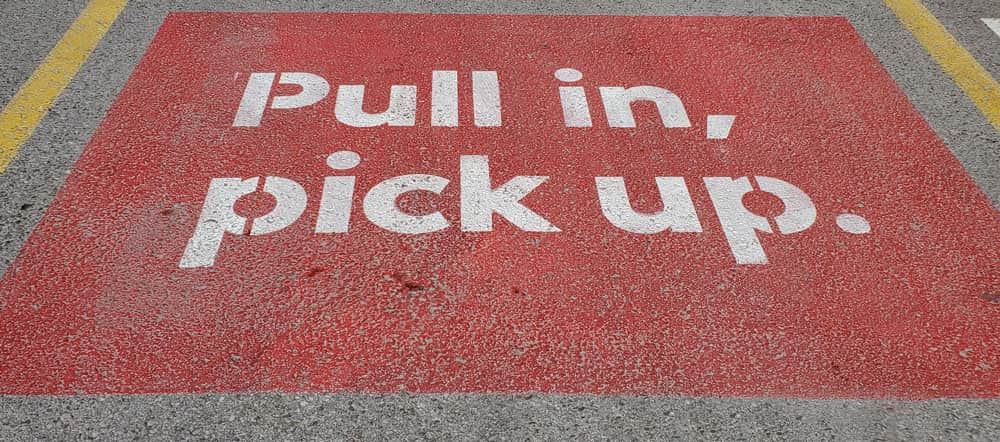The coronavirus pandemic will pass when people can once again congregate, travel, do business and go back to the way the world worked in 2019. But, as in other sectors, not everything in the cannabis industry will work the way it once did—and some of the changes enacted during the pandemic will remain long after the virus is vanquished.
“A lot of very interesting, cool, creative, unique things are going to be developed from this. I can already tell you it’s even changing the way that we’re going to think about our organization going forward,” said Charlie Bachtel, CEO of Cresco Labs, a multistate operator headquartered in Chicago.
These innovations include changes in:
- Online and cashless ordering.
- Curbside, drive-thru and home delivery.
- Cannabis perceptions and politics.
- Management behavior.
It would be wrong, however, to think that the coronavirus alone led to changes in how cannabis companies do business. Many advances already were happening, and the pandemic accelerated them. Here’s a roundup of a some of the changes that executives believe will stick.
1. Online Orders and Cashless Payments
Many marijuana companies instituted online ordering a while back. And while its use has grown, online sales hadn’t really taken off before the pandemic. But to check the spread of the coronavirus, many states and municipalities closed sales floors and permitted only preorders.
Meanwhile, some retailers stopped accepting cash transactions, which created the need for cashless payment systems such as CanPay and Hyper. So far, online ordering and cashless payments seemed to have worked well for most customers, with few glitches reported. And the convenience is undeniable.
2. Curbside, Drive-thrus and Delivery
As with online ordering and cashless payments, some marijuana businesses already were offering delivery services before the pandemic. But the coronavirus crisis accelerated the use of these options.
There were few drive-thrus in the nation before the pandemic, but authorities in some jurisdictions where cannabis stores were allowed to stay open permitted (and, in some cases, mandated) curbside or drive-thru pickups, which became immediately popular.
Many customers will no doubt adopt the newly discovered convenience of cannabis drive-thru and delivery after physical-distancing measures are no longer necessary—but not everyone. After all this time spent at home, there’s no doubt some people will want to get out—at least in the short term.
3. Perceptions and Politics
At press time, nearly 30 states and Washington DC had allowed marijuana businesses to remain open after issuing stay-at-home orders for residents. A number of cannabis companies followed up with instances of good corporate citizenship (see “Booster Shot” on page 66). And dispensaries were among the first retailers to proactively limit the numbers of people who could be in stores at one time—well before grocers and pharmacies adopted the practice.
Industry veterans are hopeful these moves translate into political currency when the spread of the coronavirus slows and the public has an opportunity to assess how different industries fared.
“This is an incredible opportunity for this space at a federal level. … I don’t know of another industry that doesn’t need a dollar of bailout funds in order to create hundreds of thousands of jobs over the next couple of years,” Cresco’s Bachtel said. “And you don’t even need to legalize cannabis at a federal level to do it. All you need to do is give banks protection and let us take these handcuffs off. Let us operate like a normal business.”
4. Management Behaviors
A number of cannabis executives have lived through one crisis or another: from the stock-market crash of 1987 to the financial meltdown of 2008 to the vape crisis of 2019. But the coronavirus pandemic is clearly more severe than anything most North American executives have experienced.
Still running on the momentum of change spurred by the vape crisis, some marijuana businesses are thinking about cost-cutting, personal safety and other challenges in new ways. This is evident in how cannabis executives are taking measures to secure their supply chains by finding more and diverse backup vendors in case a primary vendor stalls. (See “Supply Side Struggles” on page 56.)
Still other executives are rethinking their need for real estate and other assets once deemed essential
“We were looking at a 50,000-square-foot space. … Now, I don’t think we need that much space. I think we can be more nimble and smaller, and we can incorporate hoteling space and we can have people work from home,” Bachtel said. “This is opening up my eyes to what could be a pretty material change in the way we think about our corporate-office structure.”
Next: Booster Shot





